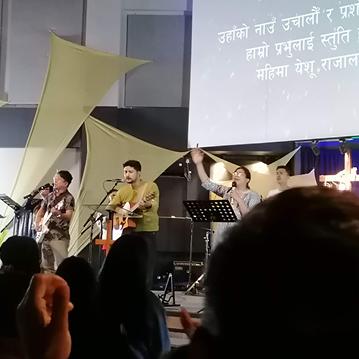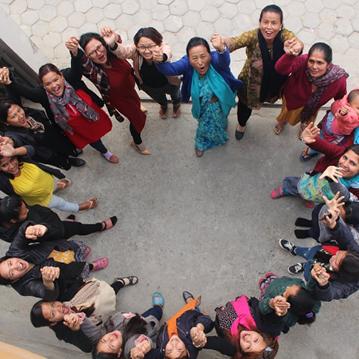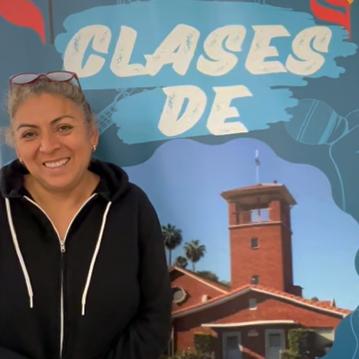Course Syllabus
I. COURSE DESCRIPTION
This course will explore the theology and praxis of worship leadership. Topics to be considered include contemporary music leadership, forming servant/leader teams, public prayer and reading of scripture, appropriate use of art and technology, and shaping of worship space. A significant part of the course will be devoted to observing and analyzing local worship services and to planning worship events for the class and the broader Fuller community.
II. COURSE OBJECTIVES
There are two primary and related objectives for this course: first, to discover and articulate a coherent, theologically informed vision of worship’s deep meaning and purpose; second, to develop crucial habits of head, heart, hand, voice, and ear students will need to plan and lead worship thoughtfully, passionately, and effectively. For a fuller discussion of course objectives, see Appendix A.
III. ASSIGNMENTS AND EVALUATION
Students will participate in class discussions & practical exercises throughout the week-long intensive. Each student will also: 1) plan and lead two short worship services; 2) present an oral book report; 3) submit a 5 pp. book review,; 3) submit a 5 pp. theological analysis of a worship service and 4) submit a final paper (5 pp.) outlining an ongoing learning agenda for leadership in worship praxis and theology. Details for these assignments will be provided on the first day of class. Each of the papers will count for approximately 20% of the grade. The remaining 20% will be based on participation in discussion, diligence in the practical exercises, and understanding of course material as demonstrated in discussion and assignments.
REQUIRED READING:
Rienstra, Ron. The Worship Apprentice Workbook (pieces handed out daily)
Plantinga, Neal, Jr., and Rozeboom, Sue A. Discerning the Spirits
Van Dyk, Leanne, ed., A More Profound Alleluia
200-300 pages of reading from recommended list below:
Begbie, Jeremy. Beholding the Glory
Bell, John. The Singing Thing
Best, Harold. Unceasing Worship
Black, Kathy. Worship across Culture
Blount, Brian, and Tubbs-Tisdale, Leonora, eds. Making Room at the Table
Brink, E., and Rienstra, Ron, eds. Sing! A New Creation (Leader’s Edition)
Brink, E., and Witvliet, John D., eds. The Worship Sourcebook
Carlson, D.A. Worship by the Book
Dawn, Marva. Reaching Out without Dumbing Down
Dyrness, William. Visual Faith
Hawn, C. Michael. One Bread, One Body
Maynard-Reid, Pedrito. Diverse Worship
Morgenthaler, Sally. Worship Evangelism
Peterson, David. Engaging with God
Ramshaw, Gail. Treasures Old and New
Redman, Robb. The Great Worship Awakening
Schmit, Clayton J. Too Deep for Words: A Theology of Liturgical Expression
Spencer, Jon Michael. Sing a New Song
Torrance, James B. Worship, Community, and the Triune God of Grace
Webber, Robert. Journey to Jesus
White, James. Introduction to Christian Worship
White, James. Protestant Worship: Traditions in Transition
Wren, Brian. What Language Shall I Borrow?
IV. POLICIES
Attendance. Academic credit for a course requires regular class attendance, especially in an intensive like this one. This means being present in the class for the entire scheduled meeting, not just part of it. Any absences must be approved beforehand, and may require additional make-up work.
Academic Integrity Commitment. See Appendix B [not posted at this site].
V. COURSE SCHEDULE AND ACTIVITIES
We will meet each day from approximately 9-4. We’ll have lunch and other appropriate breaks throughout the day. See Appendix C [not posted at this site].




